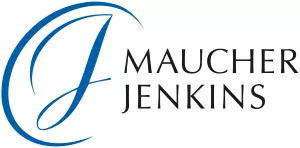- within Media, Telecoms, IT and Entertainment topic(s)
- with readers working within the Consumer Industries, Healthcare and Pharmaceuticals & BioTech industries
In a recent instalment in the ongoing English proceedings between Optis v Apple, the Patents Court had to consider whether there had been a reported unauthorised disclosure of the result of a trial in which Optis had sought an injunction to restrain Apple from infringing one of its patents.
Optis had succeeded in arguing that it was not right for a party that used the technology of a standard essential patent (SEP) to have the benefit of the patentee's FRAND undertaking in terms of immunity from being sued, without the corresponding burden of taking a FRAND licence. Two days after the draft judgment was provided to the parties, it was alleged that the outcome had been disclosed to a third party in breach of the confidentiality directions contained in the draft judgment.
However, it subsequently transpired that there had been no unauthorised disclosure of the reserved judgment. The decision provides a cautionary tale of the importance of good conduct when receiving a draft judgment.
This is the abstract of an article published in full on the Computer and Telecommunications Law Review: C.T.L.R. 2022, 28(2), 35-37
The content of this article is intended to provide a general guide to the subject matter. Specialist advice should be sought about your specific circumstances.



